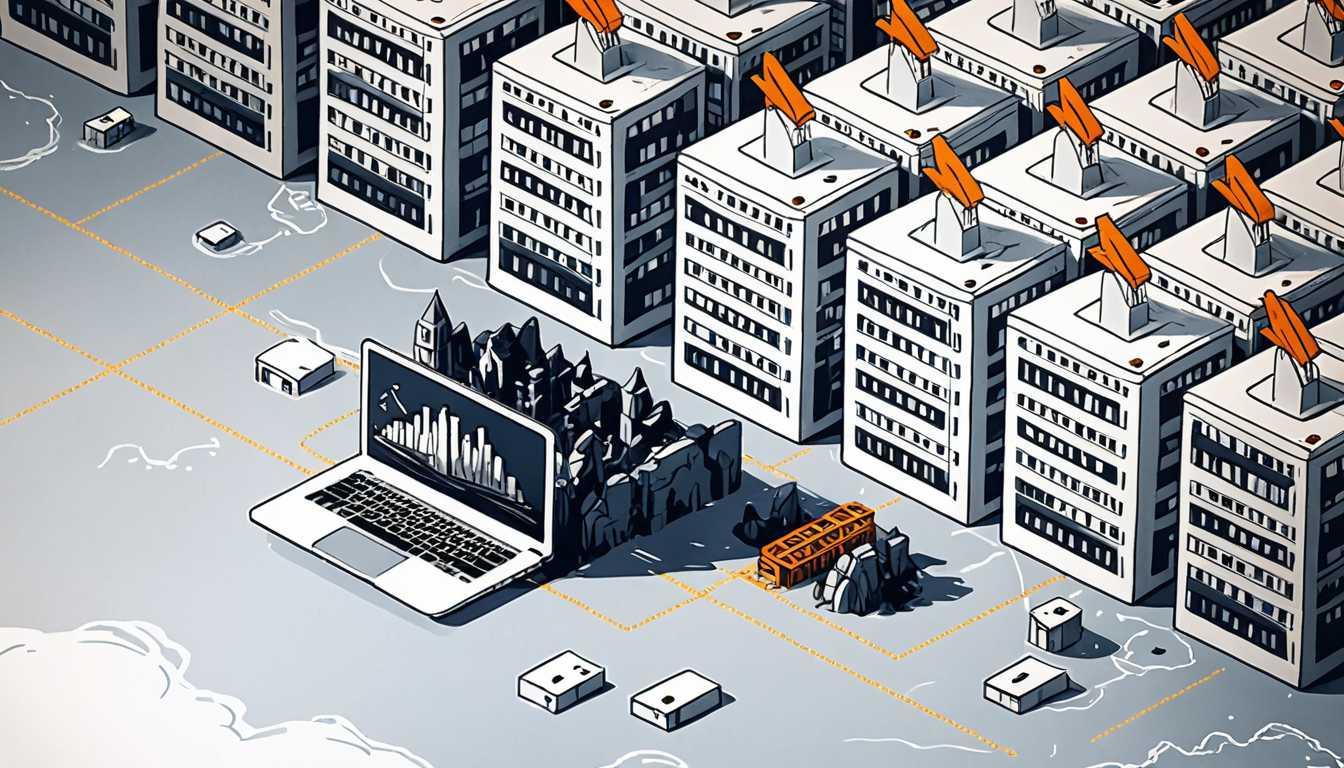AI's Carbon Footprint Unveiled
December 2023
MIT Technology Review
Introduction
Dive into the digital dilemma with MIT Technology Review's eye-opener: generating a single AI image guzzles as much energy as charging your smartphone! Researchers from Hugging Face and Carnegie Mellon University uncover the hefty carbon footprint of our AI adventures, from chatty bots to creative canvases. While text generation is a lighter load, image crafting is a carbon beast. Ready to rethink your AI use for a greener tomorrow? This study's not peer-reviewed yet, but it's sparking crucial conversations on tech's eco impact.
READ FULL ARTICLEWhy It Matters
Discover how this topic shapes your world and future
Unveiling the Hidden Cost of AI Magic
Every time you marvel at an AI-generated image or get a quick reply from a chatbot, there's more happening behind the scenes than meets the eye. It's not just about the cool tech or the convenience; it's about the impact on our planet. Imagine the energy it takes to charge your phone. Now, picture using that same amount of energy just to create one image with generative AI. Surprising, right? This comparison opens our eyes to the significant energy consumption and carbon footprint associated with using AI technologies. It's crucial for you, as the next generation, to understand these implications. As AI becomes even more integrated into our daily lives, from helping us search the web to making art, being aware of its environmental cost is the first step towards making more sustainable choices. This topic isn't just about technology; it's about our relationship with our planet and how we choose to navigate the future.
Speak like a Scholar
Generative AI
A type of artificial intelligence that can create content, like images or text, that didn't exist before.
Carbon Footprint
The total amount of greenhouse gases, including carbon dioxide, that are emitted by an action or product.
Energy-Intensive
Describes a process that requires a large amount of energy to operate.
Sustainable Choices
Decisions made that consider the long-term impact on the planet, aiming to minimize environmental damage.
Carbon Emissions
The release of carbon dioxide into the atmosphere, which contributes to global warming.
Specialized Models
AI models designed to perform a specific task efficiently, using less energy than more general models.
Independent Research Ideas
Comparative Analysis of Energy Consumption in AI vs. Human Creativity
Explore how the energy used by artists to create physical art compares to AI-generated art. This could lead to fascinating discussions on creativity, sustainability, and technology.
The Evolution of AI Efficiency Over Time
Investigate how the energy efficiency of AI technologies has changed as they've developed. This could include looking at advancements in algorithms and hardware that reduce the carbon footprint.
Sustainable AI Practices in Small Businesses
Research how small businesses can use AI in ways that are both beneficial for efficiency and sustainable for the planet. This might include case studies of businesses that have successfully implemented low-energy AI solutions.
The Role of Policy in AI and Environment
Examine how government policies worldwide are addressing the environmental impact of AI. This could involve analyzing different regulations and their effectiveness in promoting sustainable AI usage.
Consumer Awareness and Choices in AI Usage
Delve into how much consumers know about the environmental impact of AI and how it influences their choices. This could include surveys or studies on consumer behavior and awareness campaigns.
Related Articles

AI's Energy Crisis: Powering the Future
December 2024
MIT Technology Review

Generative AI: The Hidden Environmental Cost
January 2025
MIT News

Oceans: The Next Climate Saviors?
February 2023
Scientific American

Bricks: The Climate Game Changer
April 2023
MIT Technology Review

Greening AI: The Future of Computing
June 2024
Caltech - Research News